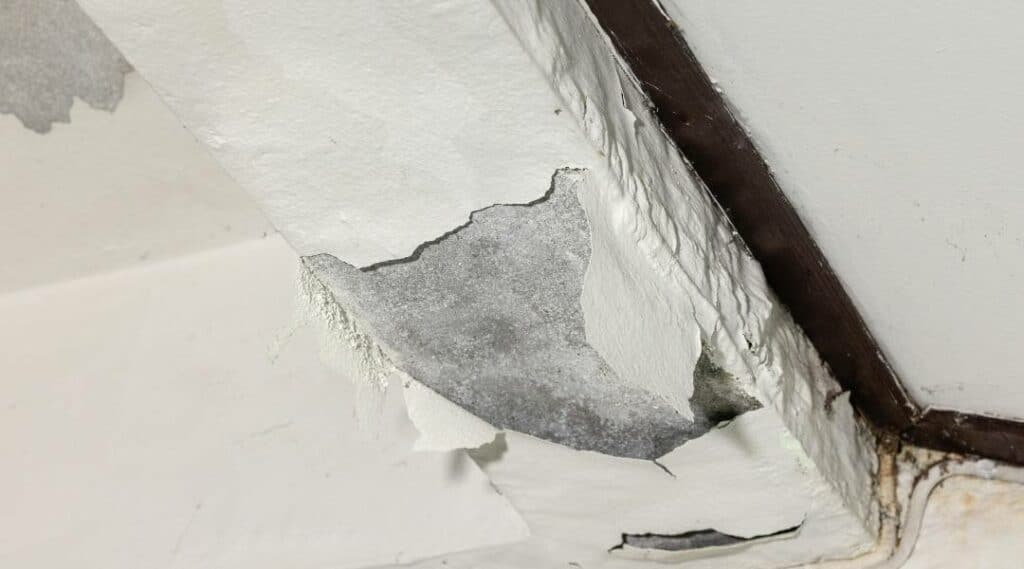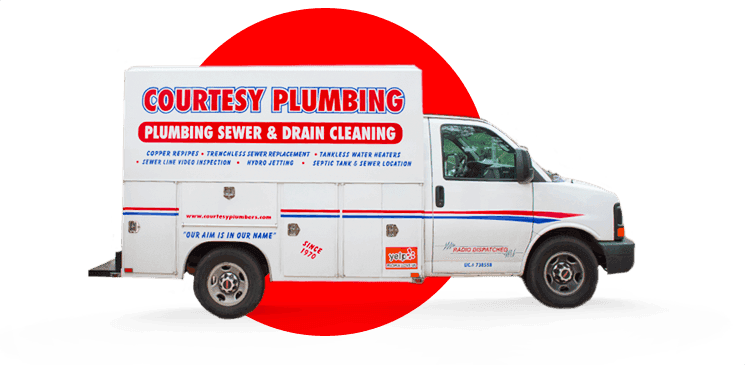Discovering leaks beneath your slab foundation isn’t only worrying but can also lead to significant damage if left unchecked. Yet, the key to preventing these costly issues lies in professional plumbing inspections. Such evaluations are crucial for identifying risks before they escalate into major concerns like water damage or structural compromise.
Remember, improper plumbing installation could attract a host of problems – from increased water bills due to minor leaks to serious health hazards posed by leaking sewer gases. Professional inspectors bring expertise in code compliance and system integrity, safeguarding your home against potential disasters linked with slab leak repair and flawed installations.
Spotting Early Leak Signs
Spotting early signs of leaks in your home isn’t just smart; it’s essential for preventing major damage, especially with slab foundations. When water pipes beneath your house leak, the issue can escalate quickly, causing significant harm to the structure. You might notice unusual increases in your water bill or hear running water when all taps are off.
Cracks appearing on floors or walls signal trouble, too. Unpleasant odors could mean sewer gases are seeping into your living spaces due to improper plumbing installation—a health hazard that demands swift action. Don’t wait until these problems explode into costly disasters; a professional inspection by an expert plumber can catch these warning signs early on and save you from headaches later on.
For detailed assistance concerning slab leaks repair, consider reaching out today.
Preventive Measures for Slab Leaks
Slab leaks don’t just happen – they’re triggered by specific issues that you can identify and fix. Begin with ensuring proper construction techniques are applied. Piping materials that can withstand the test of time and tough conditions are chosen to guarantee a job well done.
Avoid cheap alternatives that are prone to early failure under pressure or due to wear. During installation, make certain the plumbing system undergoes thorough testing and inspection before it’s sealed beneath concrete—this checks for any initial deficiencies.
Regularly monitor soil conditions around your home, too. If you live in an area with expansive clay soils or on land susceptible to settling, take preventive measures like grading or installing drainage systems to manage moisture levels effectively. In areas where the ground can shift without warning, seismic activity puts plumbing systems to the test; rigidly anchoring fixtures can help minimize damage.
Break the Leak Fear Factor: Take Matters into Your Own Hands. Control your property’s destiny by employing slab leak deterrents in a carefully crafted, step-by-step manner, all but guaranteeing a fortress-like foundation.
Long-Term Savings Through Maintenance
Investing in regular plumbing inspections for your slab foundation is a wise move. A well-built concrete slab should serve you for at least 50 years, maybe more. Yet, without periodic checks, hidden issues could spiral into costly repairs.
For instance, undetected cracks or problems with embedded plumbing lines may require disruptive and expensive solutions like jackhammering through the concrete to reach them. A solid foundation is like insurance for your home—it saves you from financial shock and anxiety while also giving you a serious edge when it’s time to sell.
Climbing energy bills can be combated by building smart, with construction methods that align with the local environment. This means factoring in climate and soil conditions to create a more energy-efficient space that requires less upkeep over time.



